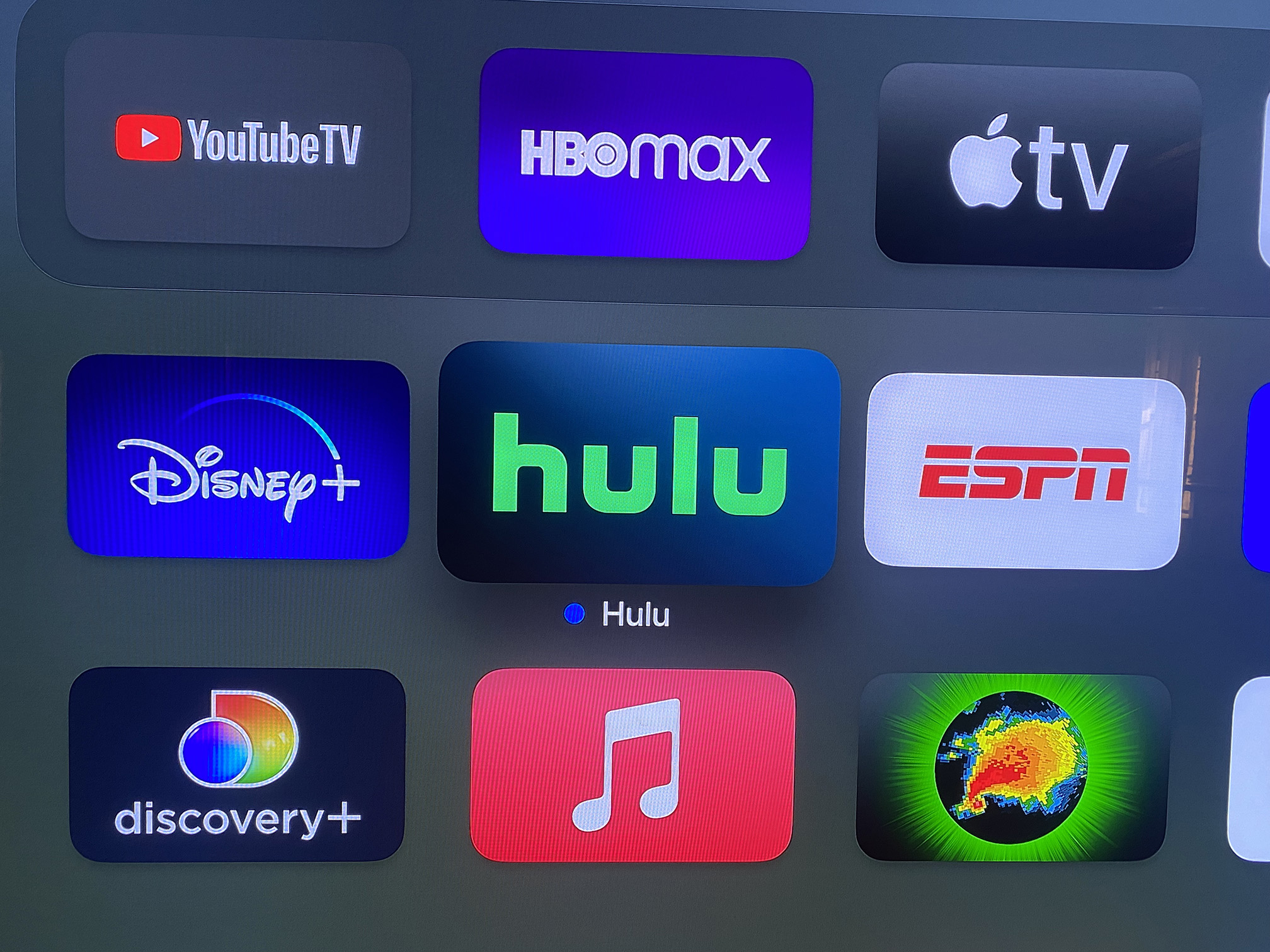Television
History
The idea of the television can be traced back to the creating of the telegraph and later the telephone when people started to think of ways they could send and transmit pictures between each other. Men as famous as Thomas Edison were troubled by this idea.
It was not until 1927-1928 where the first televisions where being presented to scientists and patents were being filled and fought over for different innovative technology within the televisions.
A Scottish engineer by the name of John Baird was the first to reveal his invention in front of 50 scientists in London which was the first example of a television like what we think about today. After this he created the Baird Television Development Company where they were the first to send a transmission from both New York and London to a ship at sea. His company is also famous for exhibiting the first color television and the first stereoscopic television.
Meanwhile, engineer Vladimir Zworykin showed off his fully electronic television at a radio engineers convention were he impressed David Sarnoff, a representative of the RCA or Radio Corporation of America. Sarnoff became the president of the RCA and hired Zworykin to continue to work on and improve upon Zworykin’s invention.
Also happening at the same time, a young man from Utah was developing his take on the television. His name was Philo Farnsworth. His work was done during high school developing his fully electronic “image dissecting” television when he found himself battling in a lengthy legal battle with the RCA.
The RCA argued the the patent Zworykin filled should take priority while Farnsworth argued over his intellectual property largely backed up by a picture that one of his teachers kept of his idea. The court ruled in favor of Farnsworth, but, due to the length of the legal battle and the size of RCA, Farnsworth was unable to stay relevant in the television industry for much longer.
Impact
The invention of the television solved the problem of sending images from on place to another. The impact from this has changed many things about communication and politics in the United States.
First, the more popular the television got, the more representation minorities got. African Americans, hispanics, Native Americans, women and other races to the LBGTQ community are all examples of people who started to get more representation due to the television. With this however, it came at costs where the representation came from the perspective of white America.
For example, originally the first representations of African Americans where in accurate portrayals by white men who had paint or make up on to look like his skin was black and proceeded to have racist portrayals by only acting to show the generalizations white people had about black people.
The television also changed the way politics campaign for offices and try to influence voters to vote for them. The TV allowed major companies to broadcast the primaries and debates. Commercials became a popular way to buy air time and get yourself in front of all television users.
Commercials also became popular through the sales of advertisements. This impacted how larger companies could reach more consumers in order to get more people interested about their products and changed the way companies advertise their products.
And Finally, the television changed what the average American family looks like. There is the classic picture of families in the 1950s gathered together around the television watching together. This was the classic picture the represented the era where television became a traditional appliance in every American house hold and grew in popularity.
Because the television evolved with the time, so did the family that watched the change on the television. In the 60s, major women rights debate took place and so the changes in television casting and programing began to change. Similarly in the 70s, women’s rights continued to be talked about, the uprise in sitcom popularity continued to make small changes in the American people in the households of families. Eventually the once family TV time has evolved to individuality in todays society through the evolution of the television.



No comments:
Post a Comment